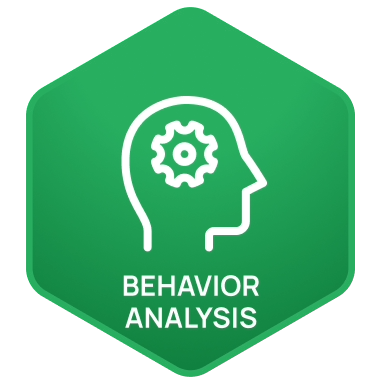About Job
- Provide behavior training and consultation to school personnel
- Facilitate family engagement (general training, newsletters, access to external supports)
- Collaborate with external partners and providers to provide support to students, families, and staff (bridge the gap between home and school)
- Observe students in their educational environment, analyze existing data, and conduct different assessments as needed (i.e., preference assessments, experimental functional analysis, ABLLS-R, VB-MAPP, PEAK, etc.) to increase student success.
- Through observations write and provide notes/recommendations for the educational team and write an ABA report based off of observations and recommendations
- Create and model implementation of behavior programs/strategies in the school environment.
- Help create materials (i.e., visual schedules, token boards, social stories, etc.) for the educational team to use to help the student succeed
- Facilitate data collection with educational teams to monitor student progress.
- Collaborate with educational team to help develop behavior intervention plans for students experiencing behavioral concerns in the school environment
- Review and analyze data, as well as, provide follow up consultation and assist with modifications as needed
- Help identify and assess behavioral difficulties that interfere with student’s attendance, adjustment, academics and achievements in school
- Participate in team meetings and IEP conferences
- Help create and conduct presentations on ABA and behavior modification techniques to the educational team
- Opportunity for RBT, BCBA, BCBA Trainees supervision
- Qualified candidates must be currently enrolled in or graduating/graduated from an ABA program and in the process or eligible to sit for the Board Certified Behavior Analyst exam
- Experience working with children and adolescents in a school setting preferred
- Proven ability and working knowledge with Microsoft software applications, including Word, Excel and PowerPoint
- Strong interpersonal and communication skills
- Ability to run short distances and move swiftly in response to student needs, including bending, kneeling, and crouching.
- Ability to lift and assist students with mobility challenges, often requiring the handling of up to 50 pounds or more.
- Skill in managing fine motor tasks, such as helping students with writing, manipulating small objects, or using adaptive devices.
- Ability to operate a computer or tablet for up to 8 hours daily.
- Capacity to notice and respond to non-verbal cues from students
- Capacity to remain calm and composed during physically and emotional demanding situations, ensuring student safety and well-being
Professional Field
 Behavior Analysis
Behavior Analysis Other Behavioral, Mental, or Healthcare Field
Other Behavioral, Mental, or Healthcare FieldPatient Focus
Diagnoses
Avoidant Personality Disorder
Issues
Aging
News, Politics, and Society
Age Groups
Children (5-10)
Preteens/Tweens (11-13)
Adolescents/Teenagers (14-19)
Therapeutic Approach
Methodologies
ECT
Modalities
Families
Individuals
Practice Specifics
Populations
Undergraduate/Graduate/Post Graduate
Racial Justice Allied
School
Settings
Milieu
Research Facilities/Labs/Clinical Trials
Home Health/In-home
Sign up for job alertsGet daily alerts for jobs relevant to you, sent to your inbox












